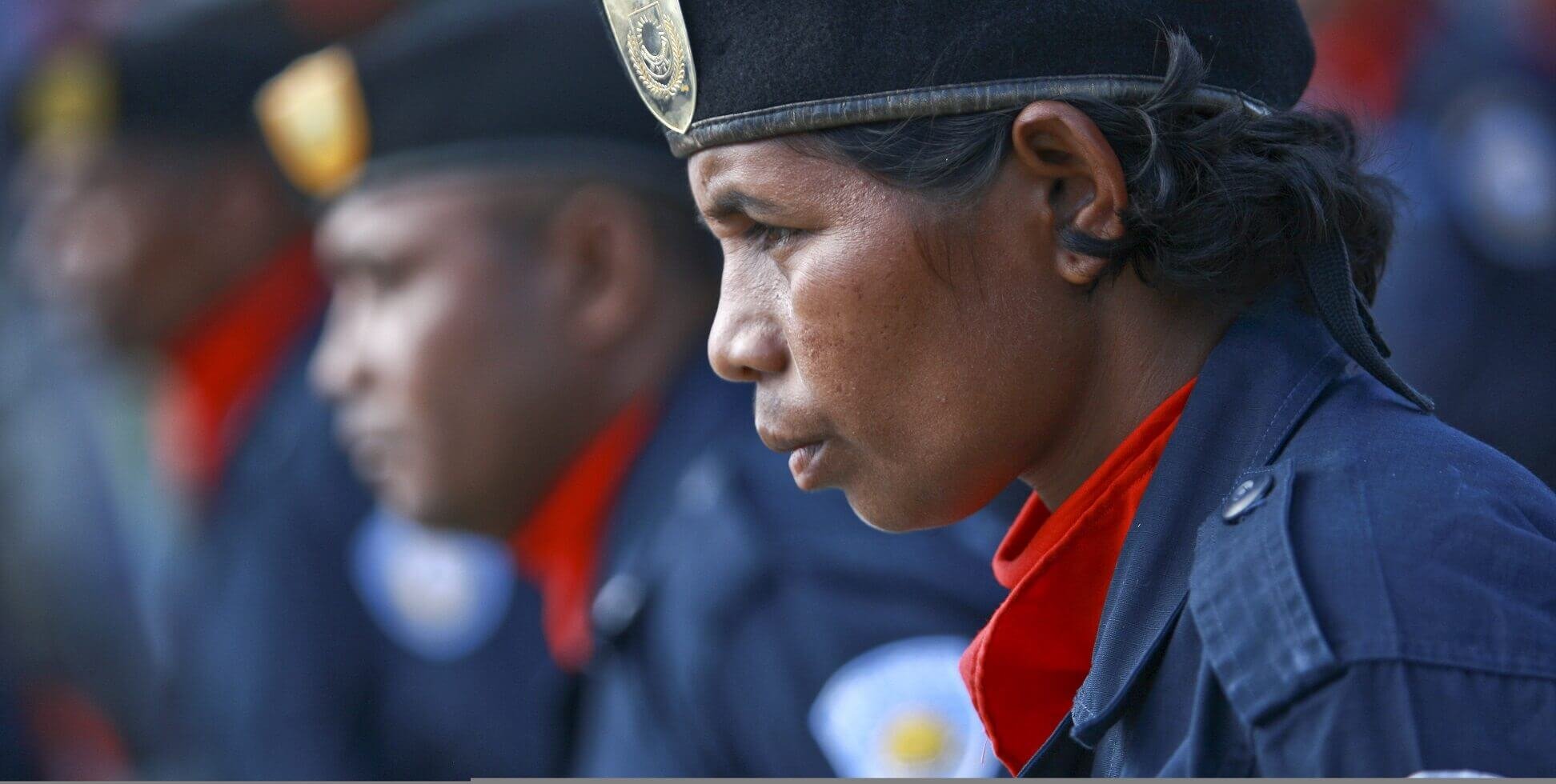The challenge
In October 2018, the Australian Government Department of Foreign Affairs (DFAT) established the Pacific Labour Facility (PLF) to provide support for circular labour mobility between participating countries in the Pacific, Timor-Leste and Australia through the Pacific Labour Scheme (PLS). In 2019, Sustineo was engaged to design and deliver a study to refine, validate and operationalise the PLF Monitoring, Evaluation, Research and Learning (MERL) Framework and establish a comprehensive picture of baseline data aligned to impact and outcome areas. The Baseline Study investigated multiple research objectives, including identifying: current contribution of the PLS to inclusive economic growth and social development in the Pacific and Australia; effectiveness of current regulatory mechanisms; economic and social costs and impacts of the regulatory environment for stakeholders; and information needs and gaps to support more effective operations across Australian and Pacific stakeholders.
Our approach
We used a highly consultative approach in implementing this mixed-methods project. Working closely with the PLF, we established a robust methodology appropriate to the diverse range of PLS stakeholders in regional Australia and across the Pacific. In response to COVID-19, our management and quality assurance systems allowed us to pivot our research strategy to remote data collection, while retaining data quality and integrity.
The study drew on large amounts of primary and secondary data to paint a holistic picture of the PLS and the PLF’s role in supporting its operation. Primary data collection involved qualitative engagements (semi-structured interviews and focus group discussions) with over 200 stakeholders, including Australian employers and industry representatives, and Pacific community members, education institutions, private sector stakeholders, civil society representatives, public servants and, of course, PLS workers. We analysed a broad range of secondary data, including program documentation, administrative data, and survey data, complemented by a literature review of labour mobility in the Pacific. We identified key themes by integrating findings across both types of data.
Through the analysis and reporting phase we demonstrated our ability to synthesise a large amount of diverse data and provide informative deliverables (written and presentation-based) shaped to multiple audiences, including PLF staff, government officials and Pacific stakeholders. Our close client engagement with the PLF allowed us to adapt the focus of our reporting according to their changing priorities, particularly regarding program sustainability and expansion in the context of COVID-19.
Outcome
Our approach to research design, data collection and analysis ensured that we met the project goals of operationalising the MERL Framework, establishing a robust baseline, and providing critical insights into key areas of interest. We effectively combined insights from subject matter specialists with a culturally competent approach to data collection. We successfully produced high-quality deliverables aligned with PLF requirements, which have informed changes to the PLS’s focus and operations.
Fundamental to the success of the project was our positive and collaborative working relationships with the PLF and other project partners in Australia and the Pacific.

